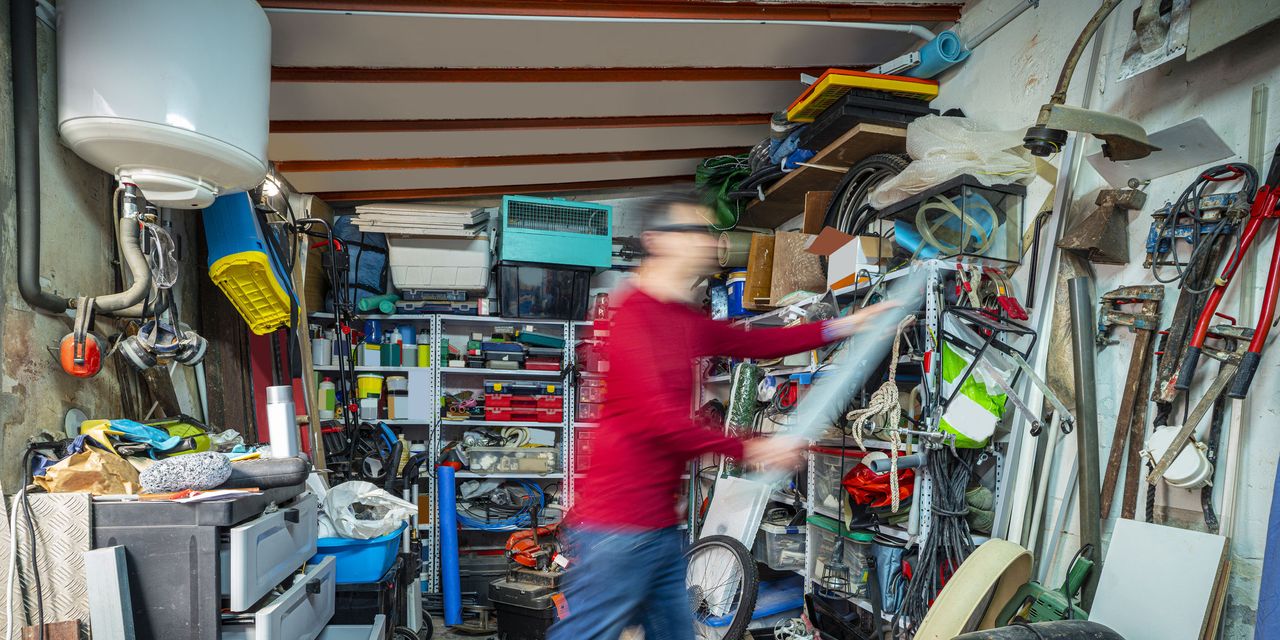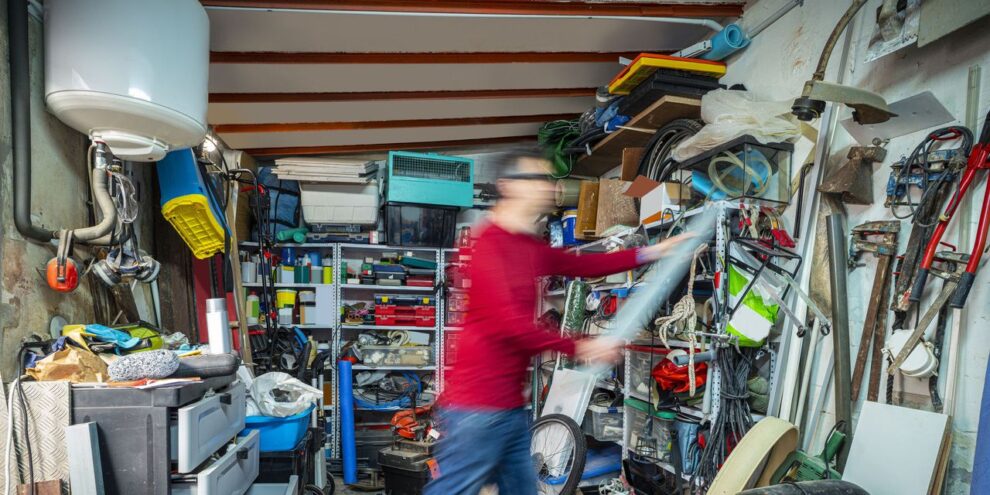
This article is reprinted by permission from NextAvenue.org.
“Brutal honesty” is a phrase my clients often hear me use. Being brutally honest is a skill that I’ve used most of my life, sometimes to my detriment. But brutal honesty has been truly important when helping people discuss their family’s possessions. That’s because you need to decide who would want — and not want — your stuff.
A lot of people — some of you reading this right now — have the misconception that nobody wants your stuff. Countless people over the years have told me, “My kids don’t really care about anything I have.”
I’m sure it might seem true — after all, we don’t as a rule invite family members to pick around the house and identify some items they hope to inherit! But I can say this firmly: Along with your stories, your family members are going to want some of your possessions. They just might not be the ones you’d expect.
The conversations you don’t like having
The best way to confirm who wants what is to ask. That might sound blindingly obvious, but it can sometimes be difficult to pose such direct questions. We don’t want to address our own mortality, and our loved ones don’t want to appear greedy.
And I want to warn you up front that when you ask your loved one questions about your prized objects, you might not like the answers. I guarantee you that family and close friends will want some of your stuff — but they might not want what you expect them to want.
Finding out that others don’t necessarily want your cherished belongings can be a painful experience. That prized tintype photo of your grandfather? Your son might just prefer to have it digitized. Your wedding dress? Your daughter might think that it’s better suited to a thrift store than her closet.
If there’s something you own that your nephew previously told you he’d love to have — that sculpture or tie — he may have since changed his mind or discovered that he doesn’t actually have the space for it.
Similarly, if your kids say they don’t want something now, don’t assume that once you’re gone they’ll have come to their senses and value it. I’ve had families tell me in reference to a daughter who rejected some item, “Well, she doesn’t want it now, but she just doesn’t know what she wants. She’ll want it in a few years.”
Our adult kids are probably pretty clear on this — if they say no twice, it means no. You can sell it or give it to someone else who will appreciate it.
What they want might surprise you
A partner or child isn’t saying she doesn’t love you when she rejects your suggested gifts. It’s better to find out now rather than waiting until the moving truck shows up.
But if someone says no to your suggestions, ask what he would like of yours to help remember you. Your granddaughter may want your vintage 1960 Pucci dresses from the basement instead of your fancy china and crystal. Or perhaps your friend has always had his eyes on an old painting. Or she might want something you hadn’t thought of altogether.
Whatever the answer is, remember that it’s not about what you want to give someone; it’s about what he wants to keep your legacy alive. Often, the value to someone else of an object you own is emotional, not financial. Remember, the item is the vehicle to the story — the item isn’t the story. Make sure your actions echo this insight.
When you gift someone an item, explain why you want that person to have it. That’s where the legacy lies. The why is what’s important and may change someone’s decision on wanting the item or not.
I had one client who wanted to give her daughter a fragile snowflake Christmas tree ornament, but the ornament wasn’t really her daughter’s style. But if she had told her daughter why — because it had snowed on the morning she was born and she thought about her birth every time she hung the ornament — her daughter may have changed her mind. Sometimes the why is more important than the item. The story is the launchpad to a legacy.
If you’re among a younger generation and reading this, I suggest that if you want something, say so. Don’t be afraid to speak up. Tell your loved ones why their legacy matters to you, and what possession tells that story. I promise that if you do this, it will end up being one of the most important conversations of your life.
The magic of upcycling
The website Upcycle That uses this definition of upcycling: “The act of taking something no longer in use and giving it a second life and new function. In doing so, the finished product often becomes more practical, valuable, and beautiful than what it previously was.”
Upcycling is a wonderful way of cultivating a legacy item. Among other advantages, you don’t need to have anything financially valuable to upcycle something. In addition, the objects can be personal, idiosyncratic, and creative.
I’ve seen dozens of everyday, sometimes rundown, items transformed into legacy items through the magic of upcycling. Here are some of my favorites:
Jewelry. Before my wedding, I had pieces of jewelry from my mom, both of my grandmothers, my grandfather, my dad, and my great-uncle melted together to create my wedding band. I love that a ring I wear that symbolizes the love for my wife is a mixture of gold from all the people who loved and raised me and never met my amazing bride.
Buttons. One of the most common items I find cleaning out homes is a metal Folgers coffee can filled with either pennies, nails, or buttons. I routinely encourage my clients to have everyone in their family pick one big ugly loud button and sew it to the bottom of their favorite jacket. Each time they’re asked about the bizarre button, they get to tell the story of who it came from. Items are starting points to amazing stories.
Old clothes, from T-shirts to suits. They make wonderful quilts or stuffed animals that make excellent legacy gifts for younger generations.
Matt Paxton is one of the top cleaning, downsizing, decluttering, and hoarding experts in the country. He now hosts the Emmy-nominated PBS show “Legacy List with Matt Paxton” after having been featured on A&E’s “Hoarders” for 12 years. He appears regularly as a public speaker, television guest on shows and radio personality helping families find the upside of downsizing. He lives in Atlanta with his wife and seven kids.
This article is reprinted by permission from NextAvenue.org, © 2022 Twin Cities Public Television, Inc. All rights reserved.
More from Next Avenue:









